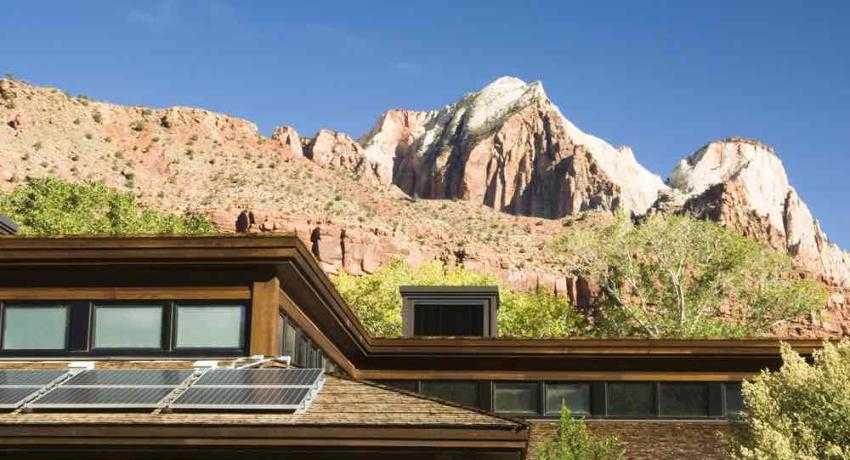Catch Up Arizona!
Although Arizona may have a reputation for a sunny state filled with deserts, pools, and that year-round weather, it is lagging behind in areas of solar legislation. While other solar states (like California, Hawaii, and New York) are sprinting ahead to embrace solar energy, Arizona seems to be stuck in quicksand. Like any well-meaning homeowner, it is necessary to conduct research on the various challenges you face when installing your solar power systems.
If you are someone you know is from Arizona and looking into solar, pay attention to the list below. We are going to outline some key initiatives and laws that you will need to know before you join the solar revolution!
Good News First
There are some good things to notice that Arizona has done for its energy market. It is one of the friendlier solar states. Although it does have a lower than average retail price on electricity, it does outrank the surrounding mountain ranges on retail price.
- Arizona aims to gather 15% of its energy from renewable resources.
- In 2014, the Arizona Public Service planned to install free solar panels on over 3,000 homes.
- Due to the Arizona Solar Rights Law, homeowner’s associations cannot prohibit the installation or use of solar energy within their districts.
- Arizona provides a 25% state a credit towards the installation of a solar power system (capped at $1,000 and must be used towards federal taxes).
- The state offers over 117 different financial incentives to install solar systems. Everything from federal initiatives to local programs are listed.
Bad News
Overall, Arizona is ranked 13th in the nation for it’s solar rebates. That’s not bad! But we can do better. Nothing in the following list inhibits anyone from installing or pursuing solar energy, but it is important to look over the following challenges that you may encounter.
- There are no interconnection policies in Arizona.
- What are interconnection policies?
These rules determine how solar energy users “plug in” to the grid and send power to electric companies. States that make an effort to update and simplify their laws help customers to access the grid easier.
- There are no performance payments.
- Homeowners are compensated with rewards for producing electricity with their solar panels. Arizona does not offer this reward program to its citizens.
Final Thoughts
Investing in solar energy is a smart move, even if you live in an area that hasn’t quite caught up with the rest of the nation when it comes to solar policy. What you can do as a constituent in your state is to recognize the lack of solar infrastructure and vote on laws to improve or install energy systems.
Overall, Arizona still ranks highly as a solar state and citizens have been pushing for improvements. If you want to install solar panels, do so with the new information you have just acquired!




